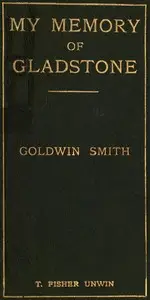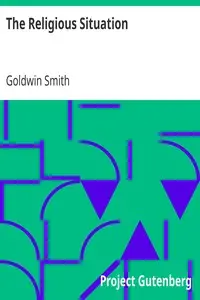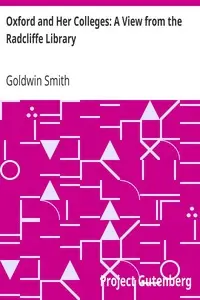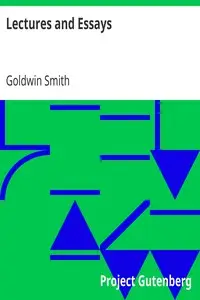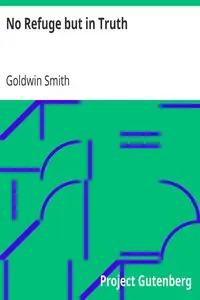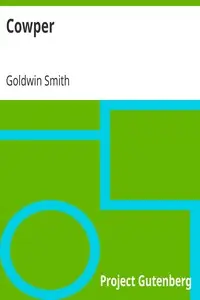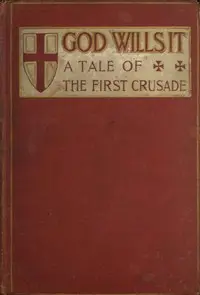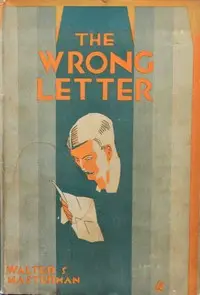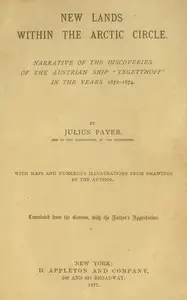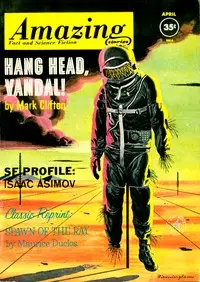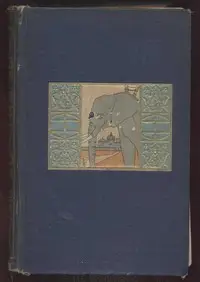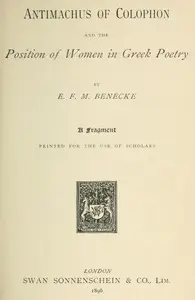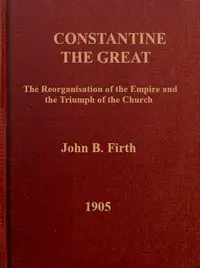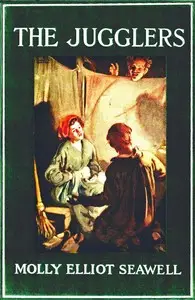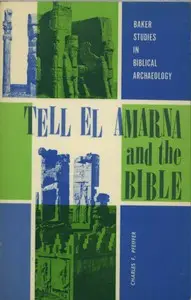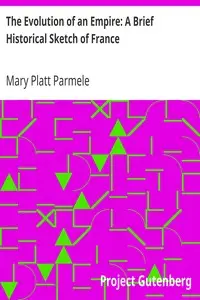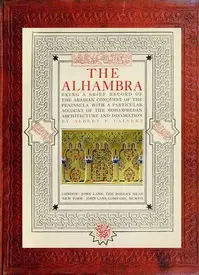"Irish History and the Irish Question" by Goldwin Smith is a historical account written in the early 20th century. The book addresses the tumultuous history of Ireland, focusing on the root causes of the Irish Question and the continual strife that has defined its past. Smith draws on his personal experiences and discussions with prominent Irish reformers to explore this complex issue, providing a narrative that attempts to reconcile historical injustices with contemporary realities. The opening of the text sets the stage for a deep dive into Ireland's troubled past, describing the harsh realities of life under centuries of strife, oppression, and division. Smith reflects on his time spent in Ireland and the conversations he had with influential figures, demonstrating how the historical narrative is shaped by both individual perspectives and broader sociopolitical dynamics. Through a combination of personal insight and historical analysis, Smith begins to unpack the intricate layers of Ireland's history, introducing key themes that will unfold throughout the book, including the impact of colonialism, the importance of land legislation, and the complex interplay of race and religion that continues to influence Irish identity and society. (This is an automatically generated summary.)
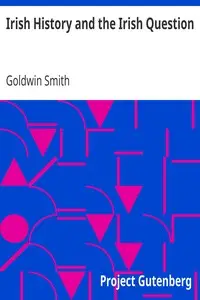
Irish History and the Irish Question
By Goldwin Smith
"Irish History and the Irish Question" by Goldwin Smith is a historical account written in the early 20th century. The book addresses the tumultuous h...
Goldwin Smith was a British-born academic and historian who was active in both Great Britain and North America. From 1856 to 1866, he was a professor of modern history at the University of Oxford. Smith taught at Cornell University from 1868 to 1872, and was instrumental in establishing the university's international reputation, but left when it began admitting female students. He is the namesake of Goldwin Smith Hall at Cornell University, and was outspoken regarding his often controversial political views. Smith was a supporter of the Union during the American Civil War and a critic of imperialism. He was also opposed to the Irish Home Rule movement and women's suffrage, along with holding Anglo-Saxonist and antisemitic views.

